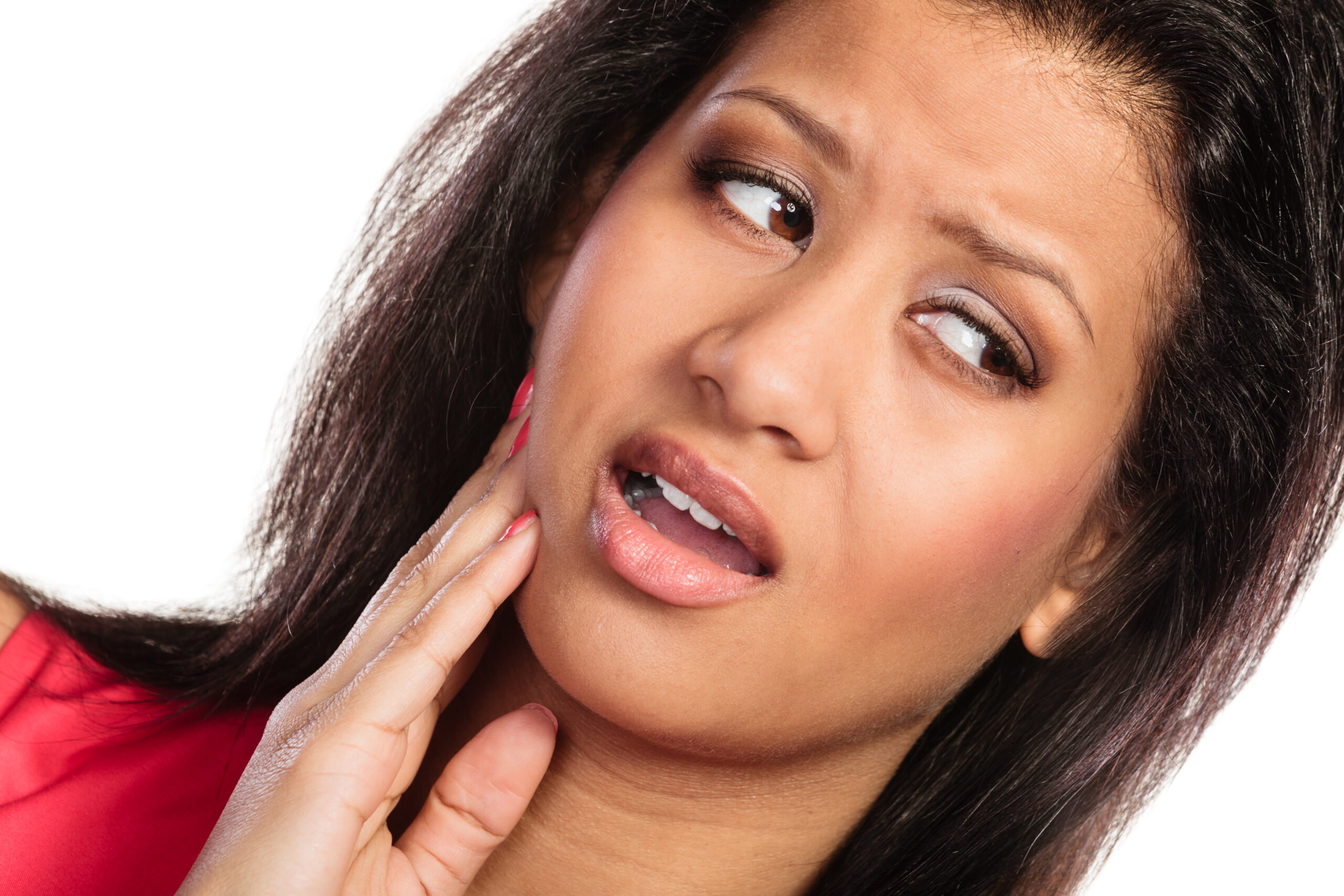By Jeffrey Goldberg, DDS MS MBA
Temporomandibular joint and muscle disorders, commonly called TMJ, can cause pain and dysfunction in the jaw joint and muscles that control jaw movement. According to the National Institute of Dental and Craniofacial Research (NIDCR), TMJ disorders affect over 10 million Americans and are more common in women than in men, leading researchers to consider a possible link between TMJ and female hormones. While trauma to the jaw or temporomandibular joint can affect TMJ disorders, its cause is often unclear.
Common symptoms of TMJ are pain in the chewing muscles and/or jaw joint; radiating pain in the face, jaw, or neck; stiffness of the jaw muscle; limited movement or jaw locking; painful clicking, popping, or grating in the jaw joint upon opening or closing the mouth; and changes in upper and lower teeth alignment.
When seeing a doctor for TMJ, they will take your medical history, and evaluate and examine your symptoms and problem areas, including the head, neck, face, and jaw for tenderness, clicking, popping, or difficulty with movement. Your doctor will also want to rule out other conditions that cause facial pain, such as sinus or ear infections or headaches.
Most medical experts recommend using conservative and non-surgical treatments to relieve the pain of TMJ, such as short-term use of over-the-counter pain nonsteroidal anti-inflammatory drugs (NSAIDs) like ibuprofen. Many patients are treated with a special oral appliance worn in the mouth at night, during the day, or both, to stabilize the joint and muscles. Medications may be prescribed, and injections may be used to help facilitate improvement. Sometimes therapeutic ultrasound, low level laser therapy, biofeedback, iontophoresis, and physical therapy are recommended, which in most cases are covered by medical insurance.
To ease the pain of TMJ, the following self-care practices that can help include:
- Eat soft foods
- Apply an ice pack or moist heat
- Avoid extreme jaw movements such as wide yawning, loud singing, and gum chewing
- Learn relaxing and stress-reducing techniques such as meditation
To make an appointment to be evaluated for TMJ disorder call 716-636-2222 and visit www.facialpainandapnea.com where you will learn more about TMJ treatments that are available. We are located at Dent Tower, Suite 401, 3980 Sheridan Drive, Amherst, NY 14226. For additional resources see www.tmj.org. Watch a television program about TMJ disorders featuring Dr. Goldberg that also includes information on sleep apnea appliance therapy at https://youtu.be/iIKT4y9-QyY












